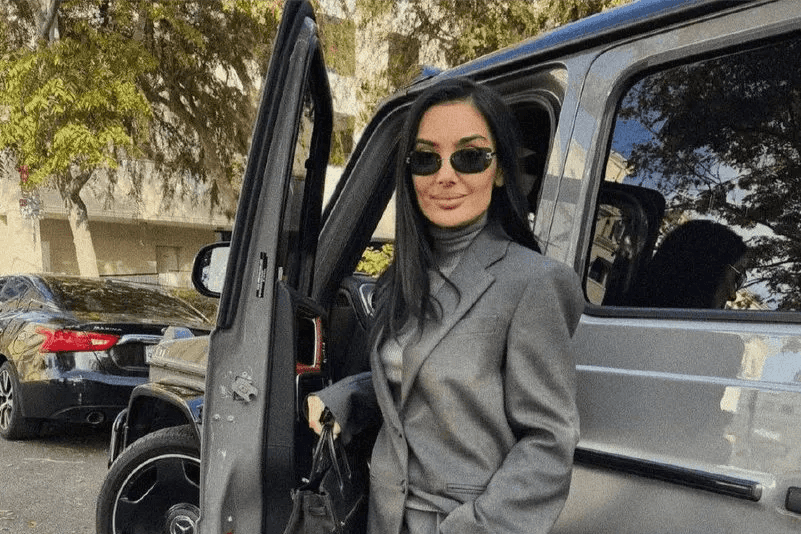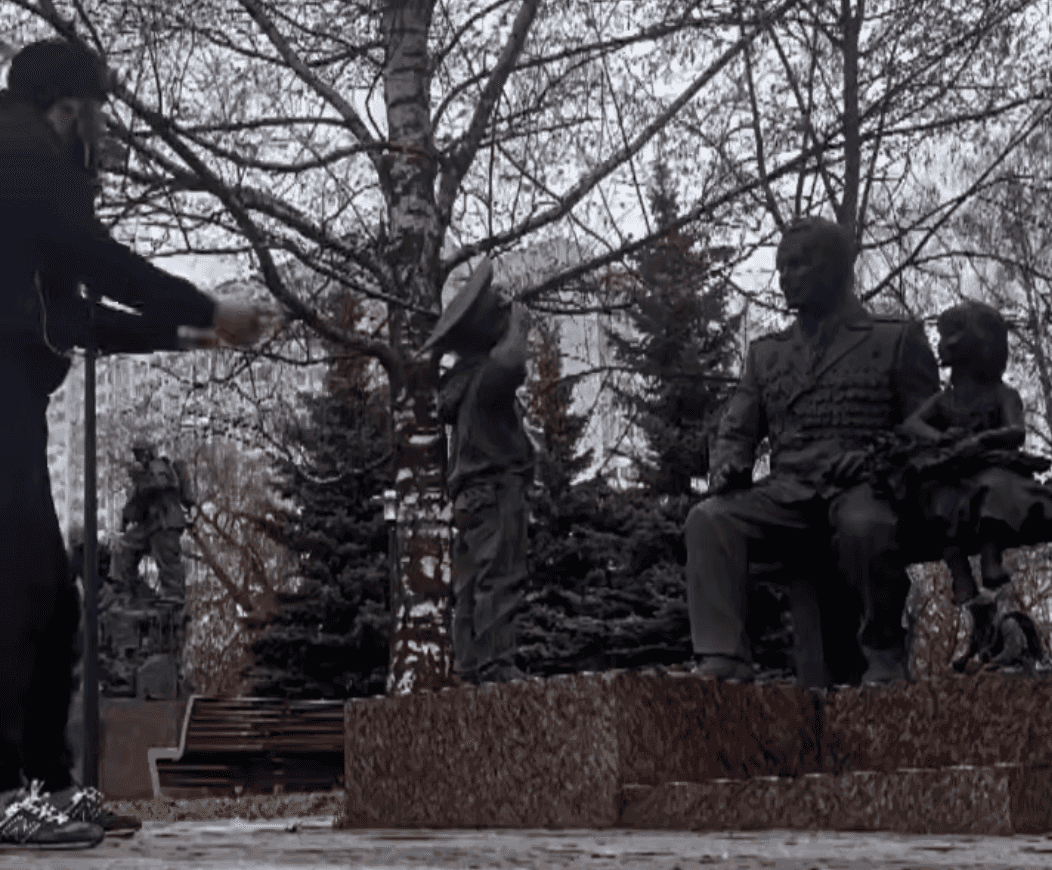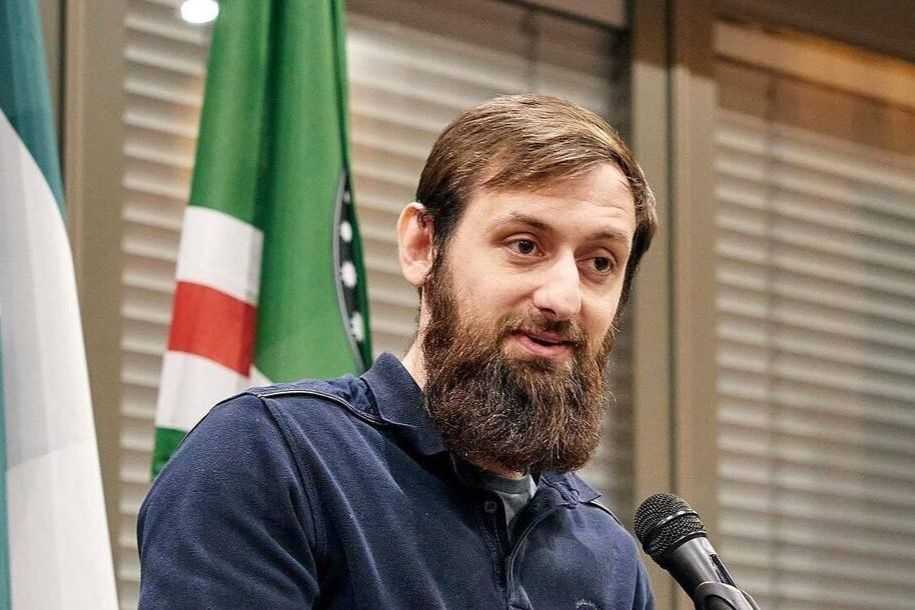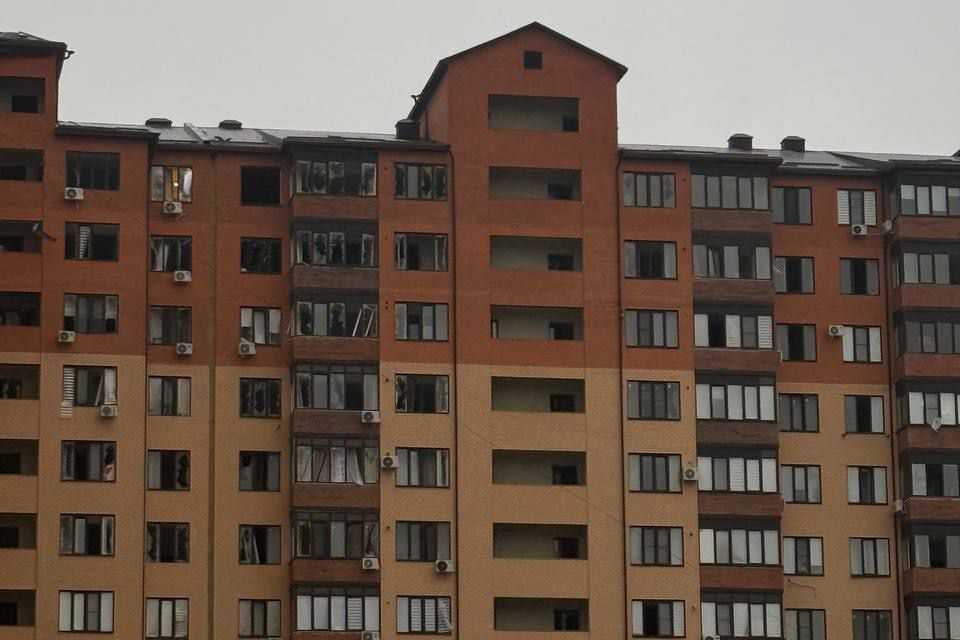Daghestani journalists and social activists denied meeting with Central Election Commission head

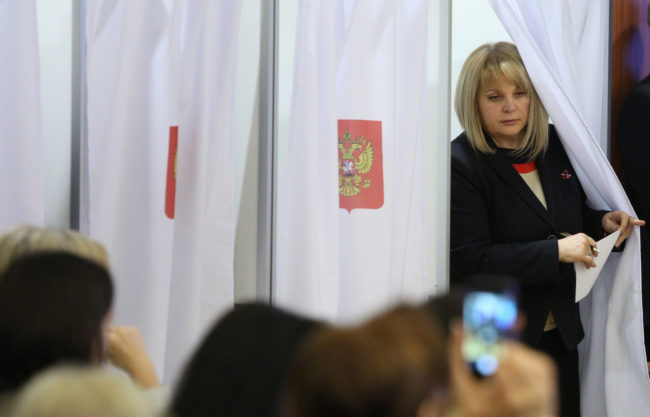
 The chairman of the Russia’s Central Election Commission (CIKRF), Ella Pamfilova, recently visited Daghestan on a work inspection. However, independent journalists, social activists, and representatives of several political parties were refused permission to meet with the CIKRF head.
The chairman of the Russia’s Central Election Commission (CIKRF), Ella Pamfilova, recently visited Daghestan on a work inspection. However, independent journalists, social activists, and representatives of several political parties were refused permission to meet with the CIKRF head.
On 18 September, elections were held for deputies to the republic’s People’s Assembly. Public observers recorded electoral violations in several precincts. Photographs and videos of several violations were published on people’s social media pages. Repeated instances were noted of entering extra ballots, falsification of protocols, and, in more than a few precincts, ‘carousels’ — a tactic where the same people come to the same polling station several times to vote under various names.
In November, a special commission arrived in Daghestan from the CIKRF to monitor the work of local electoral commissions. As a result of the inspection, 21 chairmen of precinct electoral commissions were dismissed.
In late January, CIKRF head Ella Pamfilova announced that she would come to Dahgestan for an on-site meeting.
‘We will meet with all complainants. Many issues have been resolved; those which are not resolved we’ll sort out on-site. We will hold all the necessary meetings’, TASS quoted Pamfilova at that time.
However meetings ‘with all complainants’ have yet to take place. Neither journalists, nor social activists, nor representatives of opposition parties in Daghestan wishing to meet with Pamfilova have been able to. They were not permitted to enter a meeting at the ‘House of Friendship’ since their names were supposedly missing from the list of meeting participants.
Murad Muradov, a correspondent at Daghestani weekly New Affair was one of those denied a meeting with the CIKRF head. According to him, the area around the meeting was was cordoned off, with armed guards at the door.
‘I went to the “House of Friendship” at about ten in the morning. Social activists and party representatives were already standing at the door. There were many guards in camouflage with automatic weapons. The entrance to the building was blocked. They only let those whose surnames were on the list through. If a person entered, they had to leave their telephone in the guard’s box; it was forbidden to enter with a telephone. We stood a bit away from the perimeter, and then the guards started coming up and pushing us. They were asked why we were waiting if we weren’t on the list. The people in uniform were not especially polite’, Muradov told OC Media.
Muradov managed to ascertain that the list was handled by the press service of the head of the republic.
The local head of the opposition Yabloko party, Albert Esedov, was unable to meet with Pamfilova either. His surname was supposedly missing from the list of meeting participants as well.
‘I walked to the entrance and gave my name, but I was told that I was not on the list. When I was standing outside of the cordoned area, I saw a representative of the Election Commission of Daghestan and expressed my indignation: “Why can’t a participant in the electoral process get into an event dedicated to the elections?” I left a few minutes later. Five to seven minutes after the start of the meeting, the Election Commission representative called me to say I’m on the list and can return. I returned, but since the meeting had started, they were no longer letting anyone in. I have the impression that invited to this meeting were people who had no claims or questions regarding the elections which took place’, Esedov told OC Media.
A media scrum is scheduled for 16 February, but, according to journalists, the meeting will most likely last only a few minutes, with Pamfilova reporting on her working visit to the republic.



